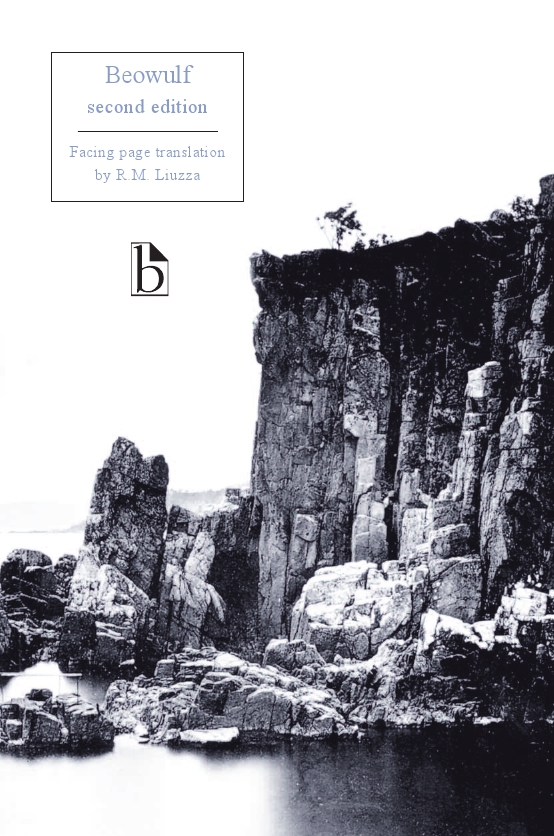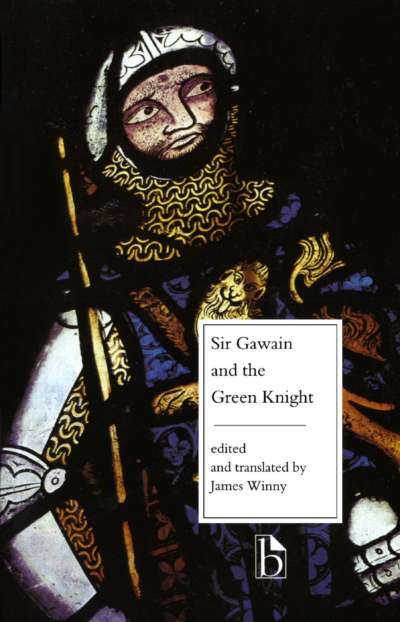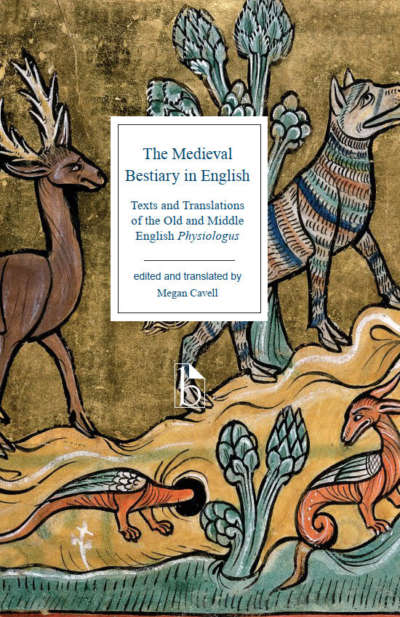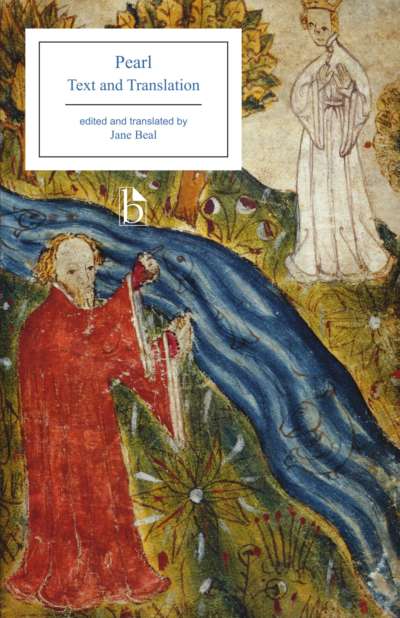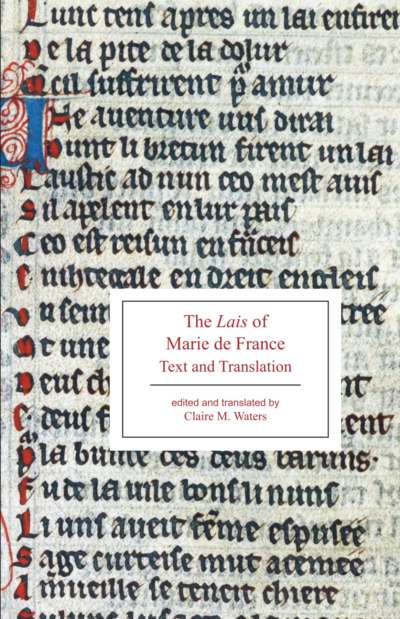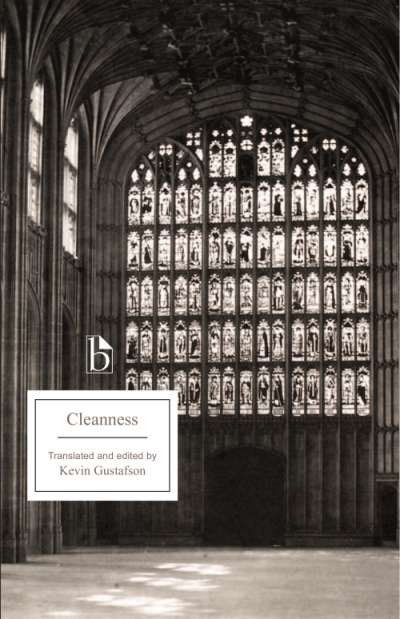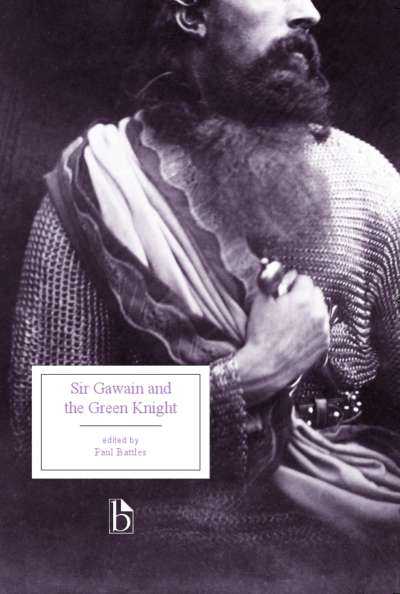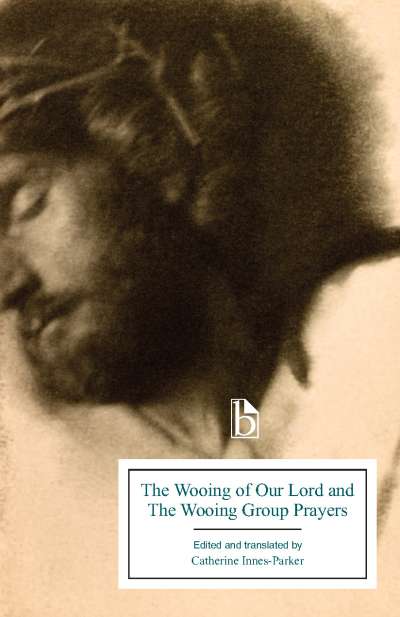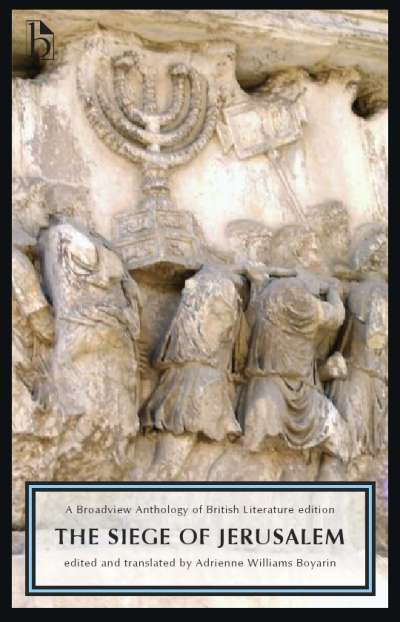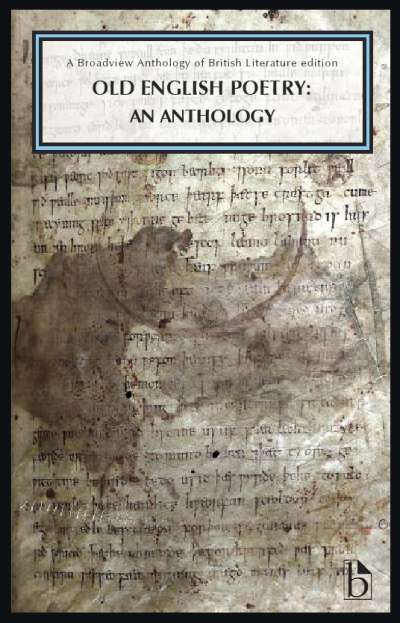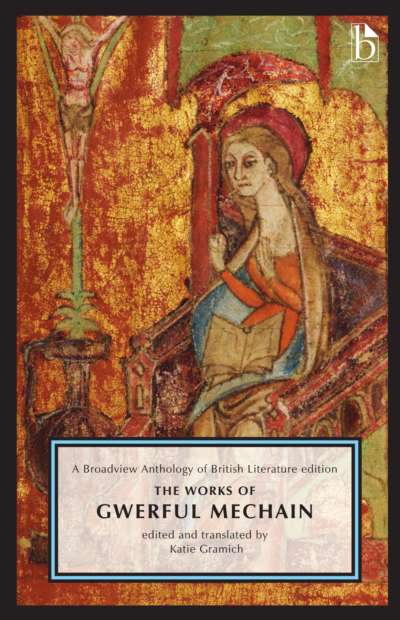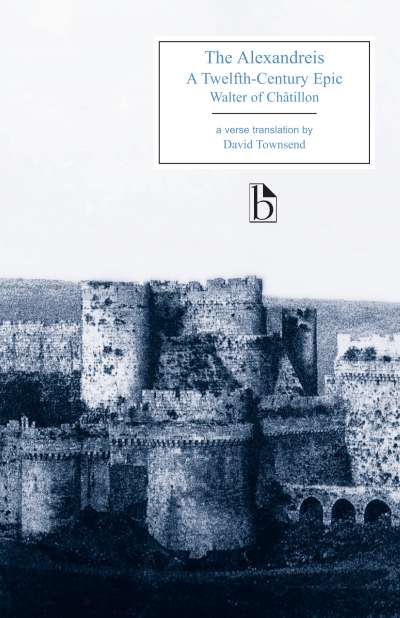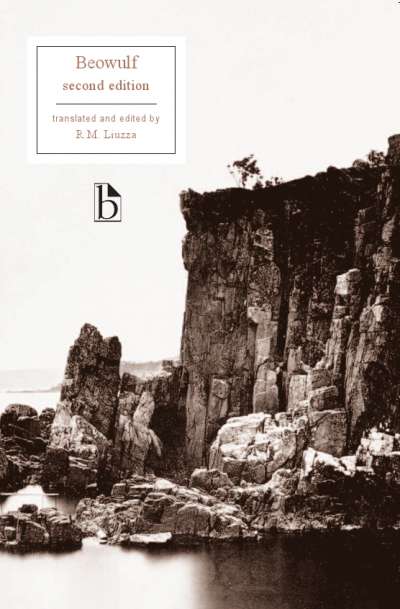R.M. Liuzza’s translation of Beowulf, first published by Broadview in 1999, has been widely praised for its accuracy and beauty. The facing-page translation is accompanied in this edition by genealogical charts, historical summaries, and a glossary of proper names. Historical appendices include related legends, stories, and religious writings from both Christian and Anglo-Saxon traditions. These texts help readers to see Beowulf as an exploration of the politics of kingship and the psychology of heroism, and as an early English meditation on the bridges and chasms between the pagan past and the Christian present.
Appendices also include a generous sample of other modern translations of Beowulf, shedding light on the process of translating the poem. This new edition features an updated introduction and an expanded section of material on Christianity and paganism.
Comments
“This Beowulf translation is a masterful synthesis of history, poetry, and narrative. Liuzza’s deep knowledge of the Anglo-Saxon period, combined with an ear keenly attuned to the cadences of Old English poetry, renders the volume an invaluable resource for medievalists everywhere. This is a brilliant, exemplary edition and a must-have for any serious student of the poem. Liuzza has set the standard for many years to come.” — Stacy S. Klein, Rutgers University
“The translation I use … is R.M. Liuzza’s. Liuzza’s choices are moderate, combining easy readability with a good level of literal translation. … His diction is plain, not fancy, but it seeks to alliterate where possible … Liuzza’s appendices include many of the texts often discussed in conjunction with Beowulf, which makes the edition indispensable to the amateur scholar.” — Ruth A. Johnston, A Companion to Beowulf
“This close and readable translation, put together by a scholar who knows so much about the poem and its craft, remakes the old tale in a new register. From the prickly dignity of overdressed spearbearers to the sad songs of beefy breakers-of-rings in their cups, there is much here to surprise and delight.” — Roberta Frank, University of Toronto
“Liuzza takes account of recent scholarly research and provides a commentary, a collection of supporting texts, and an excellent introduction to this ‘Christian poet’s bittersweet elegy for the doomed heroic life.’ His account of the peculiarities of Old English poetic style is particularly helpful.” — Frank Kermode, The New York Review of Books
“Liuzza’s volume is a resource pack for studying Beowulf and its translations. He includes specimens of other translations down the generations as well as invaluable supplementary material, the whole informed by scholarship of the highest quality and laid out attractively. The translation is fluent and unshowy. … Understandably, it (and its supplementary material) is popular with students and instructors, and it is likely to remain so in the years ahead.” — Hugh Magennis, Professor of Old English Literature and Director of Medieval Studies, Queens University Belfast, in Translating Beowulf: Modern Versions in English Verse

